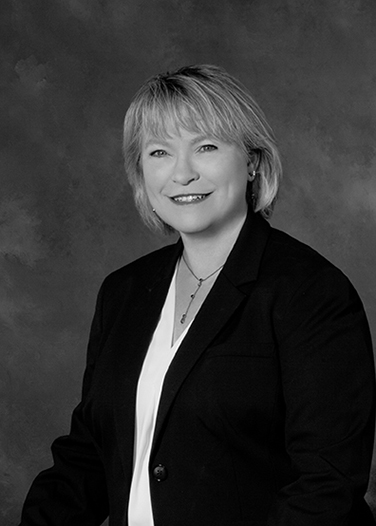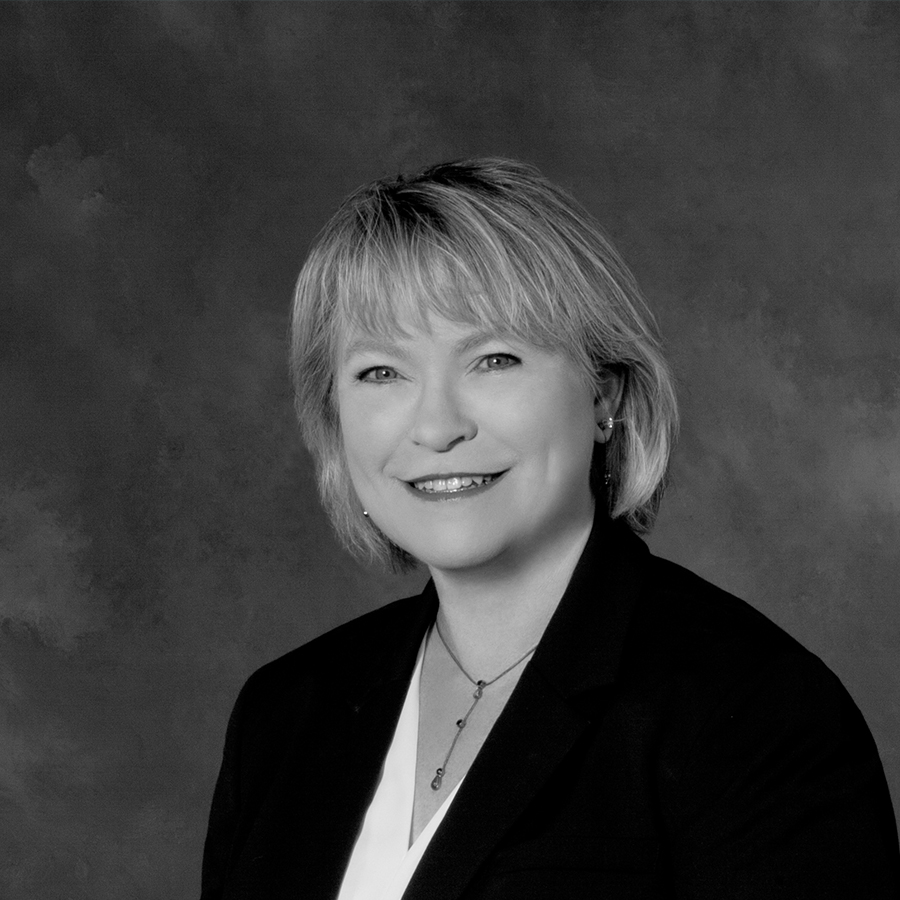 Remember when you first learned to drive a car—intently focusing on the control panels, the gas and brake pedals, perhaps a clutch and gearshift, all the while looking at the hood of the car to see where you were headed? There were so many things to pay attention to in operating the car and keeping it moving.
Remember when you first learned to drive a car—intently focusing on the control panels, the gas and brake pedals, perhaps a clutch and gearshift, all the while looking at the hood of the car to see where you were headed? There were so many things to pay attention to in operating the car and keeping it moving.
Ironically, focusing too intently on all the details of driving led to terrible driving—swerving all over the road and not anticipating anything from other drivers. Pretty quickly, we learned that we need to look beyond the hood of the car, to focus on the horizon, stay in our lane, and be a good defensive driver. Sure, we need to check in on those operational controls periodically, but good drivers look ahead, stay in the lane, and anticipate.
I often think leading an organization is analogous to driving a car—sometimes the more we focus on operational controls, the less we move forward and lead. There is a human tendency to want to monitor all operations, gather more and more data to inform a particular decision—to make sure we “get it right.” At times, however, leaders must develop simple rules to make quick decisions in highly volatile, uncertain, complex, and ambiguous (VUCA) contexts. Management scholars point to the importance of a shared sense of purpose, compassion, flexibility, and shared responsibility to keep an organization moving forward—to lead in these contexts.
Recently, the spread of the coronavirus across the globe has certainly thrust us into a VUCA context and has had profound impact on all of us, destabilizing our organizations and our economy. As the global pandemic began to spread, Auburn University leadership made the difficult decision to move to a virtual instruction model rather than bring students back to campus from spring break.
This decision thrust us into a new way of operating, a new way of communicating, and reminded me that we are fundamentally a people business, guided by the Auburn Creed. The Creed binds us together and creates a shared sense of purpose, compassion, and a sense of responsibility to keep students on track and to do our part to preserve public health and well-being. It helps us keep our eyes on the horizon and drive smoothly ahead.
A few months ago we decided to focus this issue of Harbert Magazine on leadership—sharing our perspectives on the topic and highlighting some of our amazing alumni who lead every day through their work and example. As it turns out, this prescient theme of leadership has taken on heightened meaning as we navigate our lives and our organizations through a highly volatile, uncertain, complex and ambiguous time.
Dr. Annette L. Ranft
Dean and Wells Fargo Professor
Harbert College of Business

